Pfizer and German partner BioNTech announced this morning that they have concluded the final efficacy analysis in an ongoing Phase III trial of their COVID-19 vaccine candidate (BNT162b2), results of which show that it is 95 percent effective.
The observed efficacy in adults aged 65 and older was found to be 94 percent, which is an important and promising result for this high-risk population.
The announcement comes just a week after Pfizer and BioNTech first released preliminary data from the Phase III trial evaluating the mRNA-based vaccine, stating that the vaccine was 90 percent effective.
With completion of the efficacy analysis, Pfizer and BioNTech are now preparing to submit an emergency use authorization (EUA) application for the vaccine to US regulators.
The mRNA-based COVID-19 vaccine candidate met all of the study’s primary efficacy endpoints. Efficacy was measured seven days after the second dose of the vaccine in participants that did not have previous SARS-CoV-2 infection (first primary objective), as well as in participants with and without prior SARS-CoV-2 infection (second primary objective).
The first primary analysis was based on 170 cases of COVID-19, of which 162 cases of COVID-19 were observed in the placebo group versus eight cases in the vaccine group. According to a press release from Pfizer, efficacy was consistent across age, gender, race and ethnicity. The study’s demographics included 42 percent of global and 30 percent of US participants being from racially and ethnically diverse backgrounds, and 41 percent of global and 45 percent of US participants being between the ages of 56 and 85.
Pfizer and BioNTech’s COVID-19 Vaccine Shows Positive Early Trial Results
The companies also revealed today that the safety milestone required by the US Food and Drug Administration (FDA) for an EUA had been achieved. They said the safety and efficacy data collected thus far, as well as manufacturing data pertaining to the quality and consistency of the vaccine, will be submitted to the FDA and other regulatory agencies around the world.
Pfizer said the vaccine prevented both mild and severe forms of the virus, and that side effects were mostly mild to moderate and resolved quickly.
There were ten severe cases of COVID-19 observed in the trial, with nine of the cases occurring in the placebo group and one in the BNT162b2-vaccinated group.
The Phase III trial began on July 27 and has more than 43,000 participants, half of whom received the experimental vaccine, and the other half having received placebo. The vaccine was given in two doses, each 21 days apart.
No serious safety concerns related to the vaccine have been reported by The Data Monitoring Committee for the study. The vaccine was found to be well-tolerated and the only serious adverse effects were fatigue and headache after the second dose, occurring in 3.7 and two percent of participants, respectively. Promisingly, fewer and milder adverse events were reported among older adults in the trial.
An independent review of the study has not yet been conducted, nor has detailed data from the study been released. The companies have said they plan to submit the study data to a scientific journal for peer-review once analysis of the data is complete.
Pfizer and BioNTech’s announcement comes on the heels of Moderna’s revelations this week of its mRNA COVID-19 vaccine candidate being 94.5 percent effective.
While Moderna’s vaccine may have an edge over Pfizer’s with respect to storage and shipping as it can be stored at fridge temperatures (2 to 8°C) as opposed to the -70°C storage requirements of the latter, Pfizer says it is “confident in its vast experience, expertise and existing cold-chain infrastructure to distribute the vaccine around the world.” They say they have developed specially designed, temperature-controlled thermal shippers that use dry ice to maintain temperature conditions of -70°C±10°C, and which have a GPS-enabled thermal sensor to track the location and temperature of each vaccine shipment.
The companies expect to manufacture 50 million vaccine doses of the vaccine in 2020 and up to 1.3 billion doses by the end of 2021.

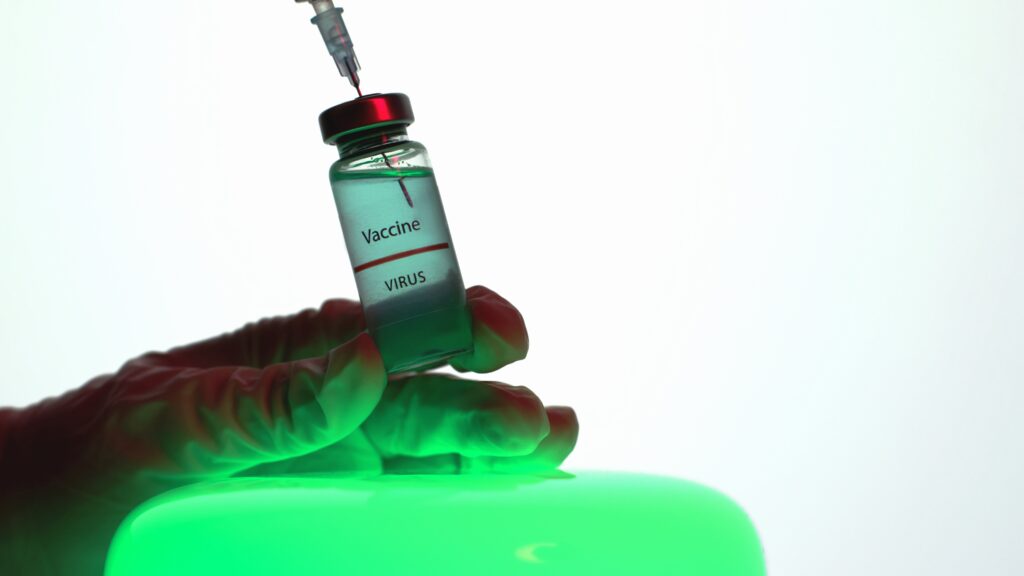
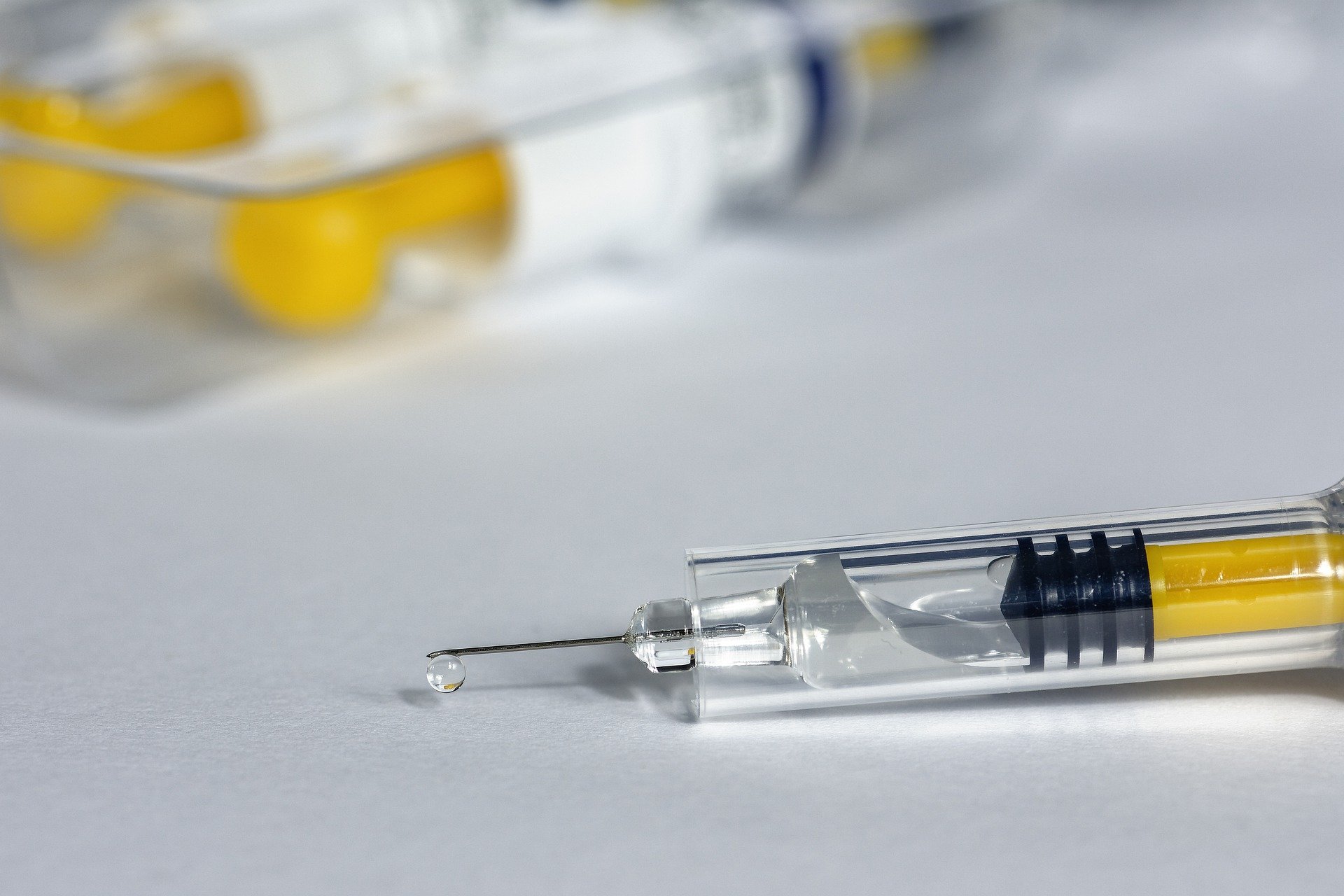
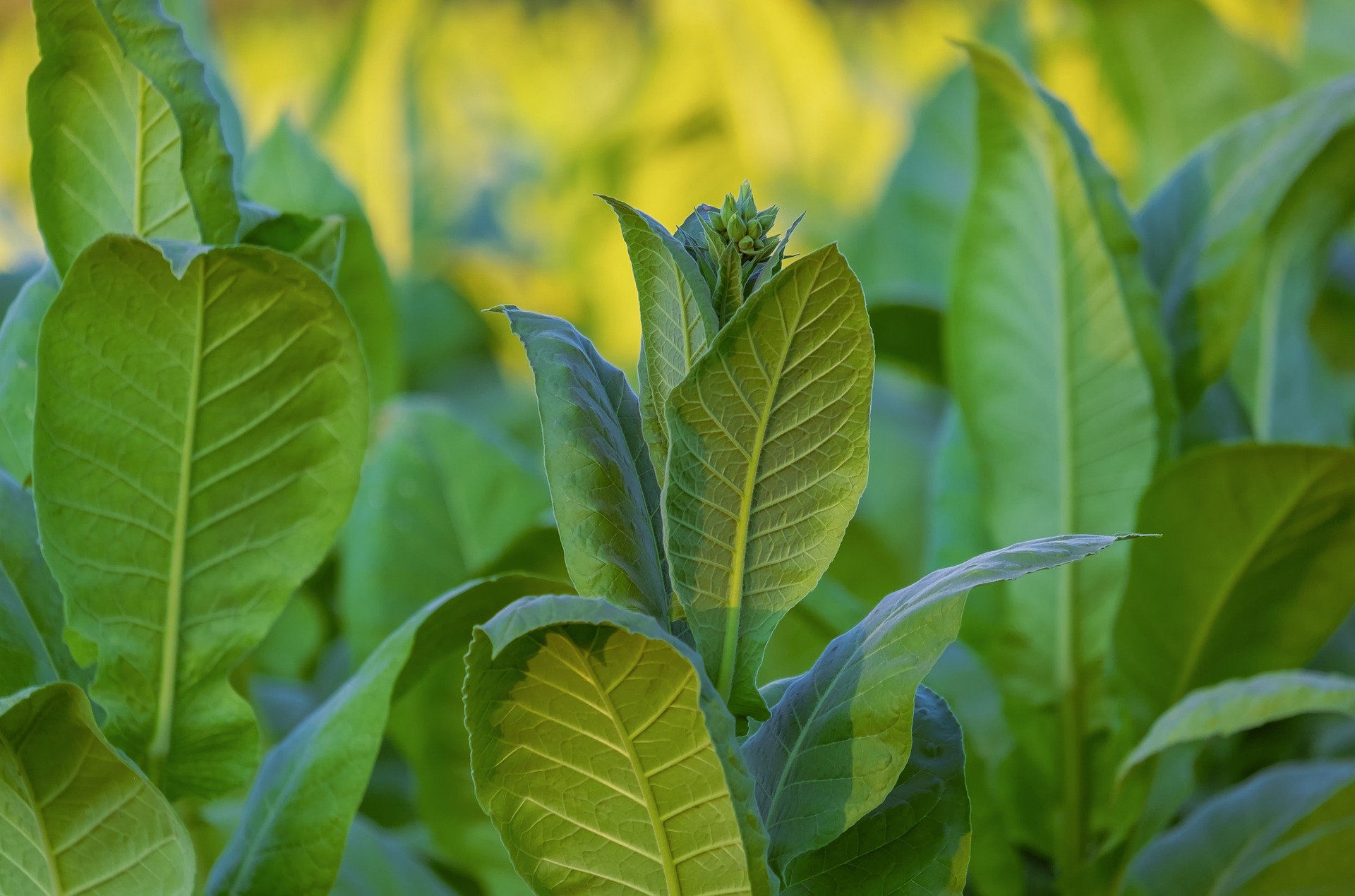
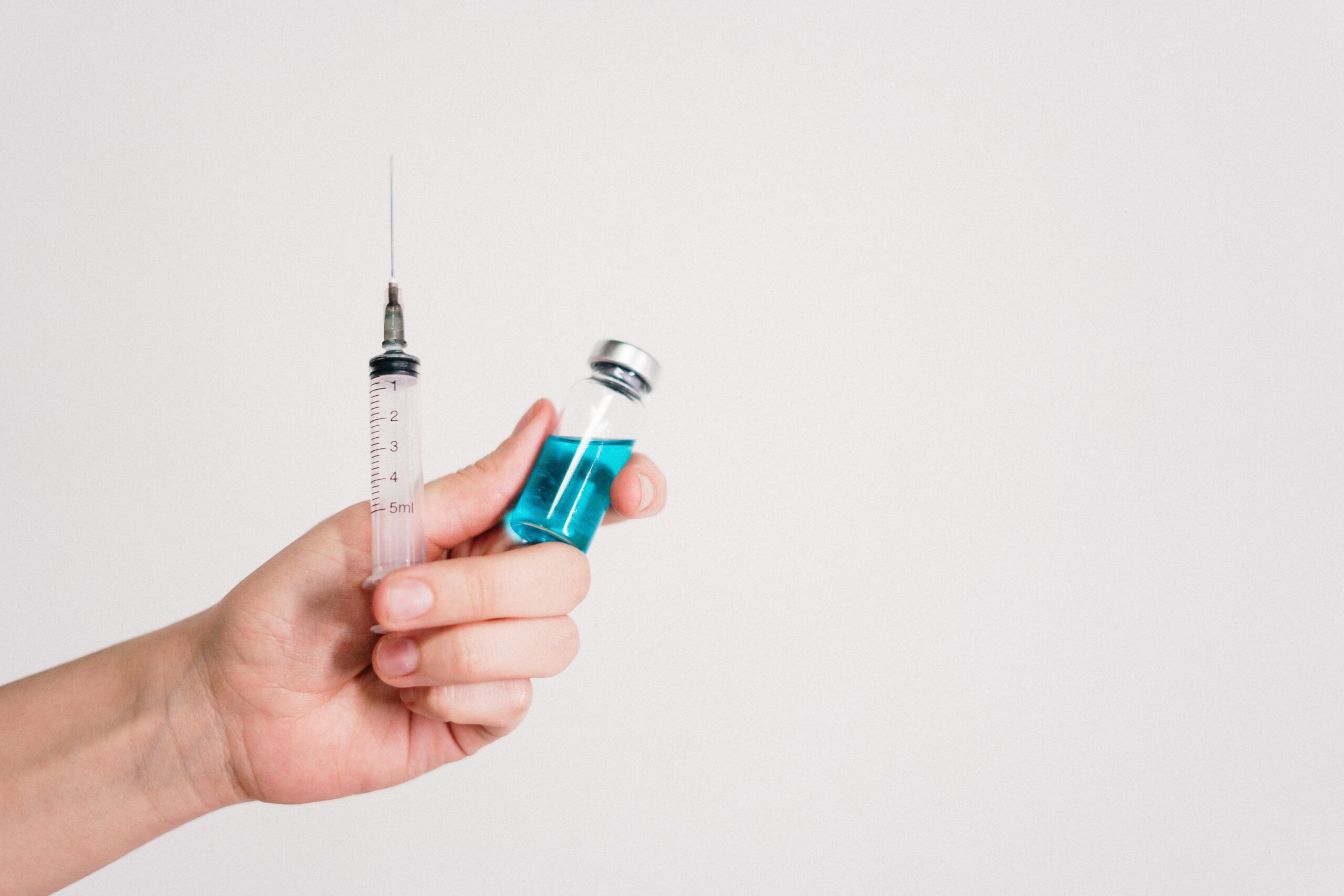
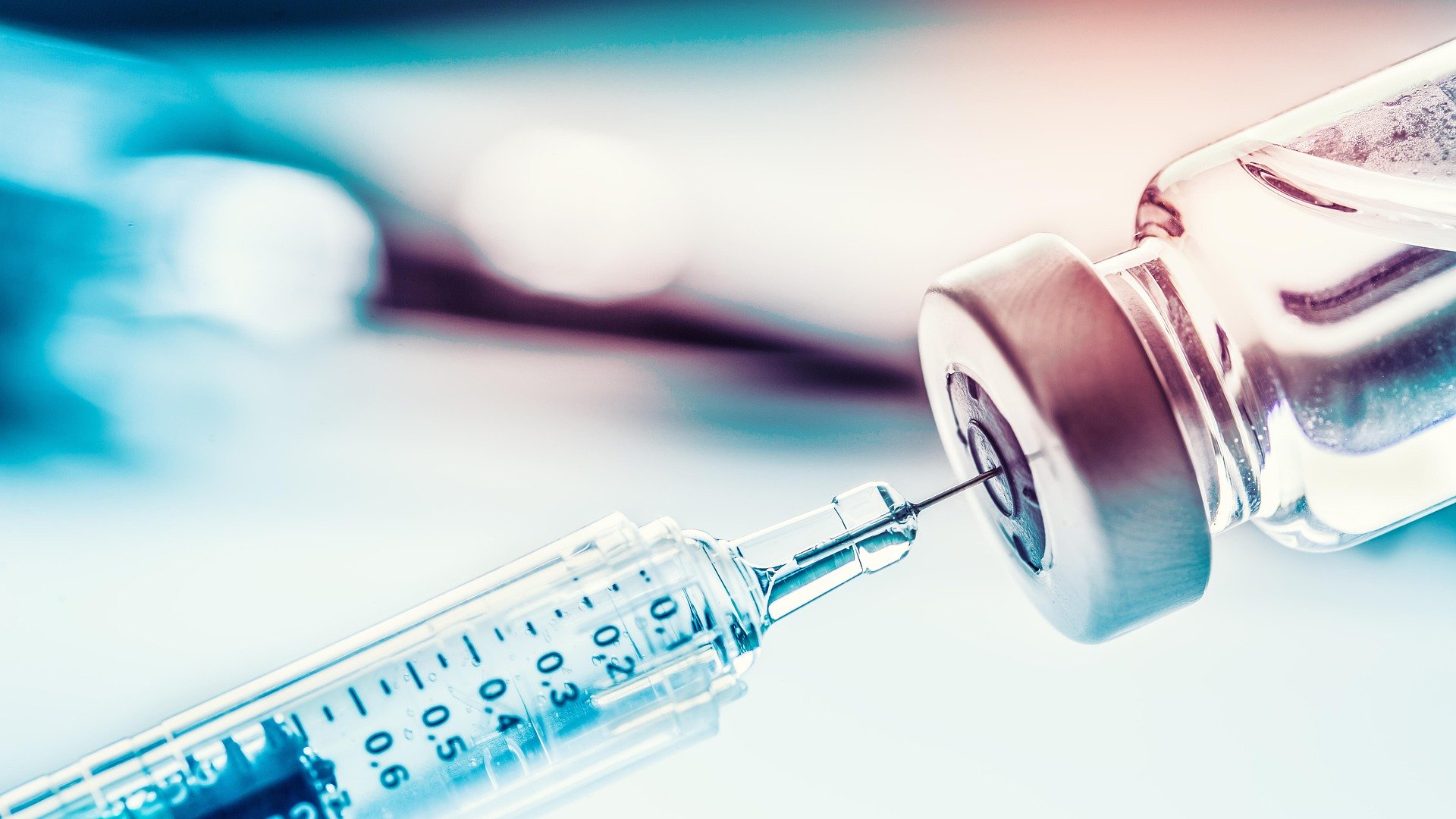
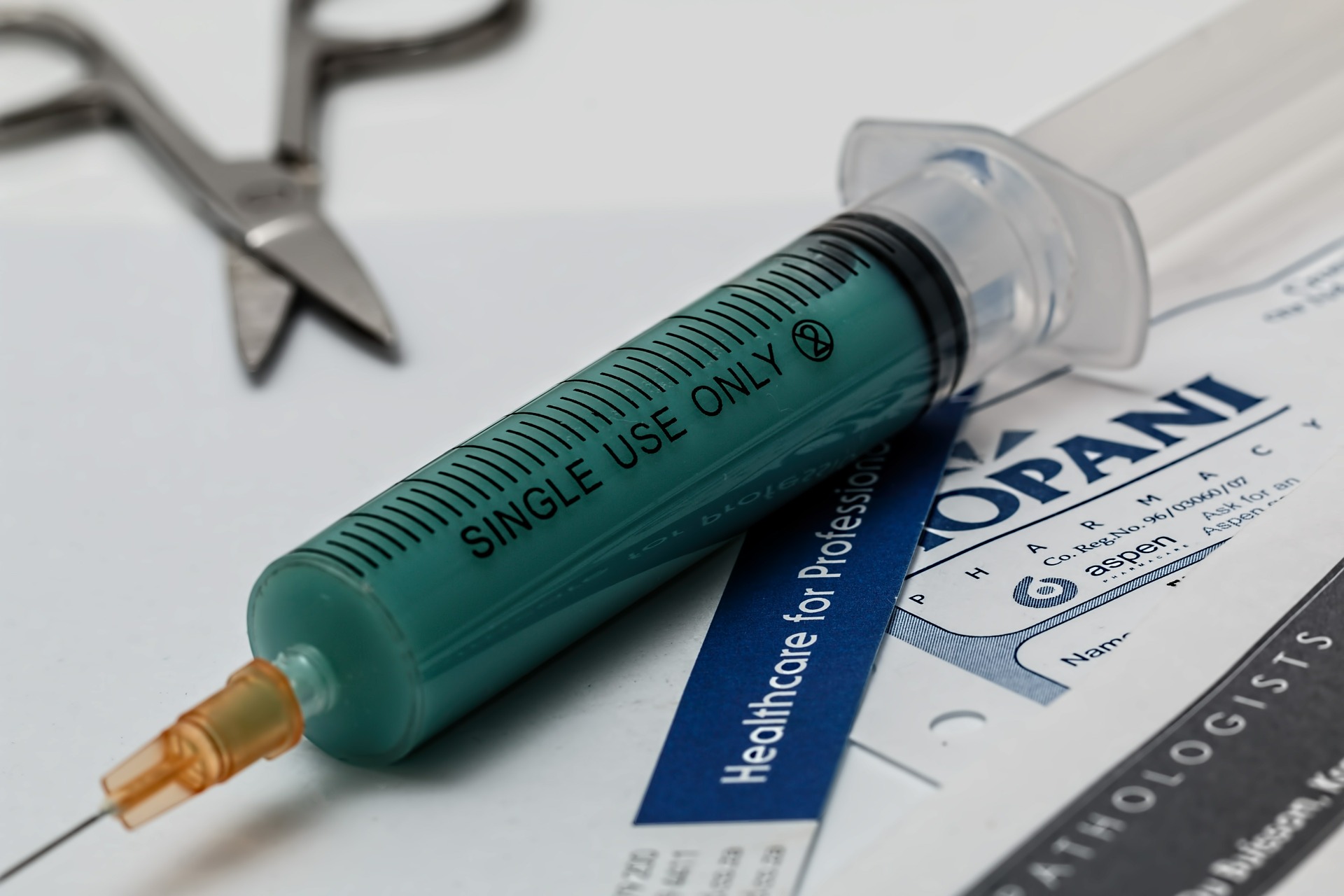




Join or login to leave a comment
JOIN LOGIN